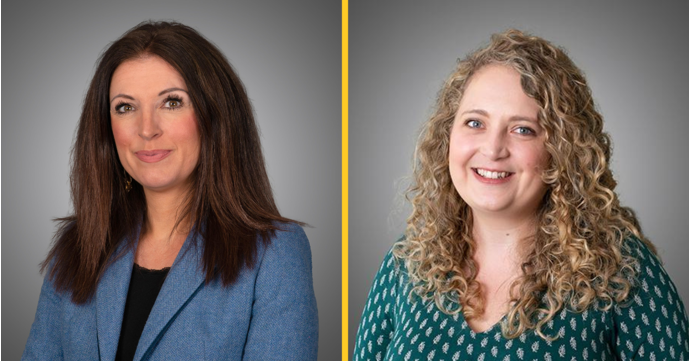The Supreme Court has ruled that Uber Drivers are workers, for the purposes of National Minimum Wage, holiday and working time.
Furthermore, the working time for this purpose is from when they switch on the app, to when they turn it off again, not just when they are with a passenger in the car.
The ruling may mean the end of Uber, which now faces claims of two years back pay, or six years back pay in County Court, as well as unpaid annual holiday for the last two years also.
The significance of this for other business owners is that Uber set all the paperwork up for these drivers to be self-employed.
The Supreme Court said that it doesn’t matter what the paperwork says, it’s what the reality of the situation is that counts.
‘This may undermine a number of business models that rely on what are effectively workers with no rights,’ said Darren Sherborne, a senior employment lawyer at Gloucestershire-based specialist law firm Sherbornes Solicitors Ltd.
‘There has been a lot of talk about how we are all in this pandemic together, while some sit at home in sweatshirts eating takeaways, and others are outside on pushbikes delivering it. Now, it seems we are more in it together than we were.’
He added: ‘It will worry some business owners, who have a business model that relies on their staff having no security.
‘For society as a whole though it’s a good thing, because business that succeed now will be business’s that give a commitment to staff.
‘Staff who feel secure will spend their money, and that’s what we all need, people spending their money.’
If employers are unsure where they stand, they should look at the reality of the situation they have.
Do their workers have their own web sites, do they take calls and orders from other business’s, or do they only function to serve one master.
If it is the latter, they are unlikely to be self-employed for the purpose of minimum wage, working time and holiday.
Follow SoGlos on LinkedIn and sign-up to the weekly SoGlos business newsletter for the very latest Gloucestershire business news stories.


















